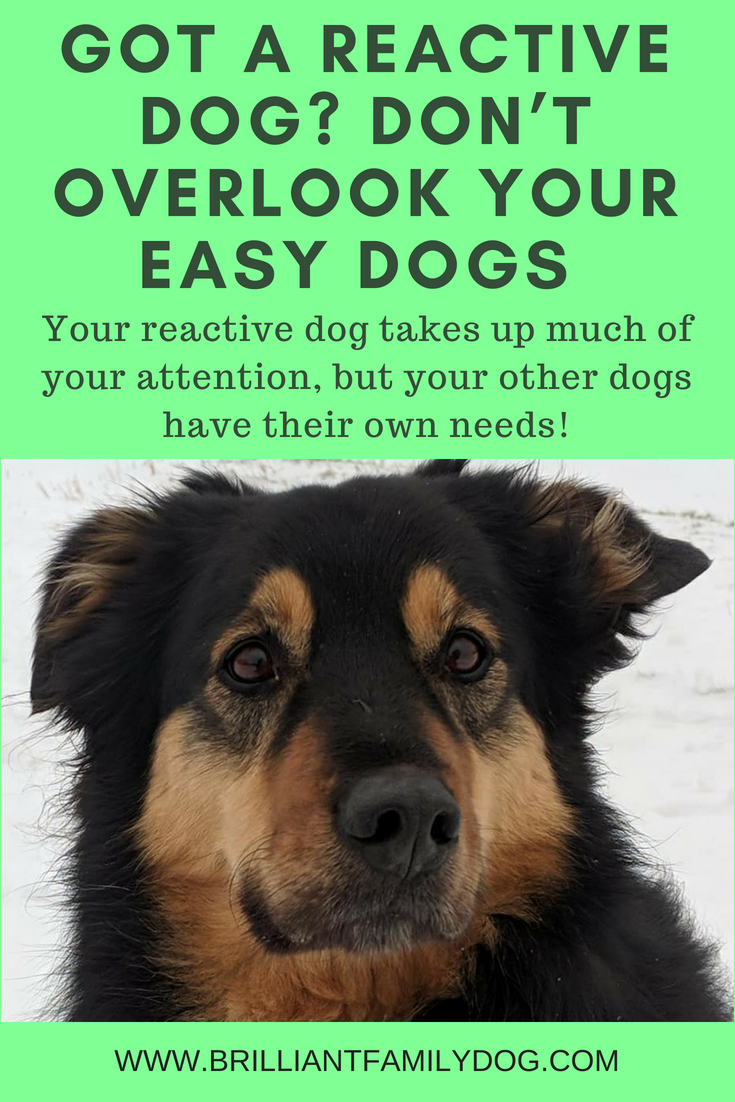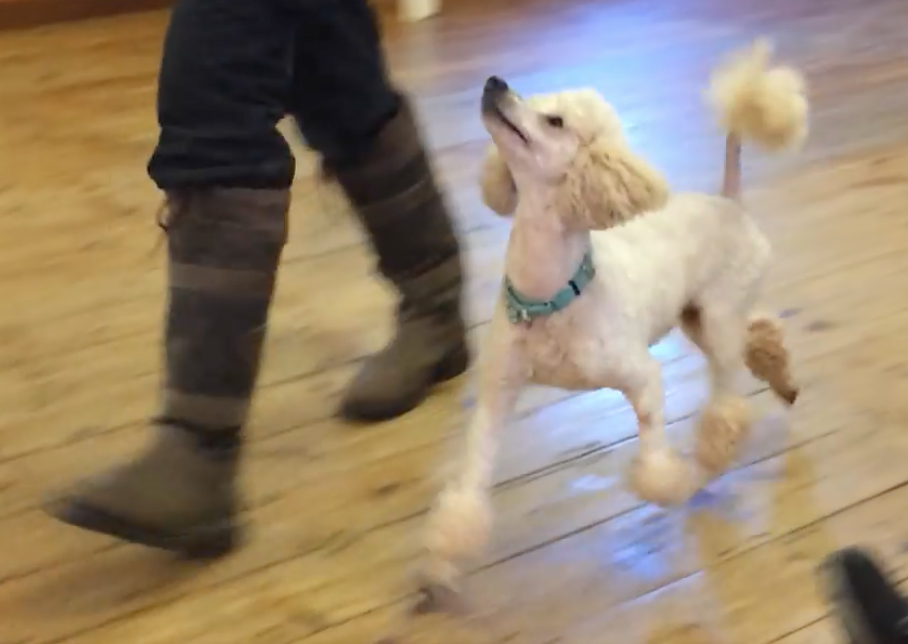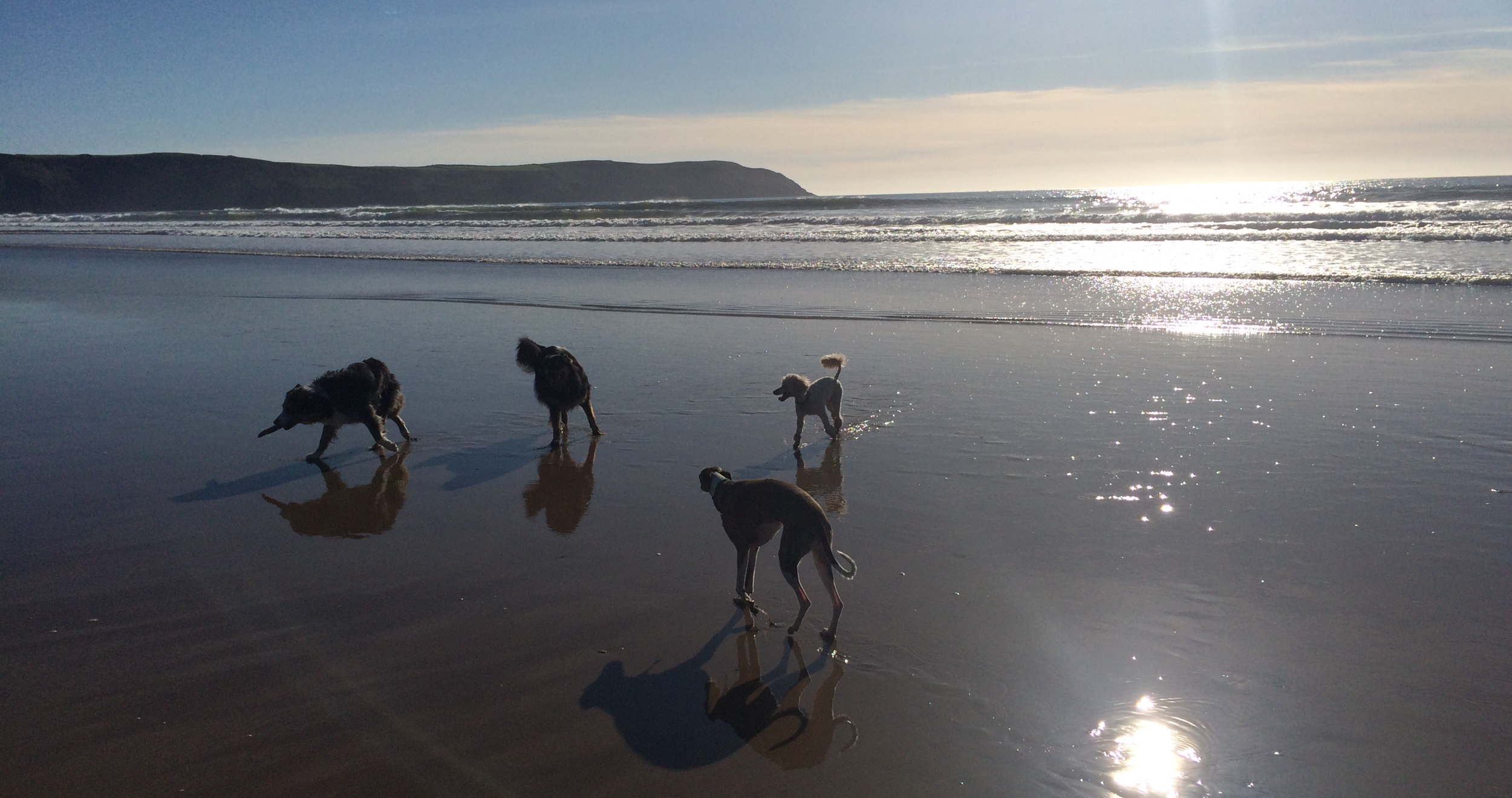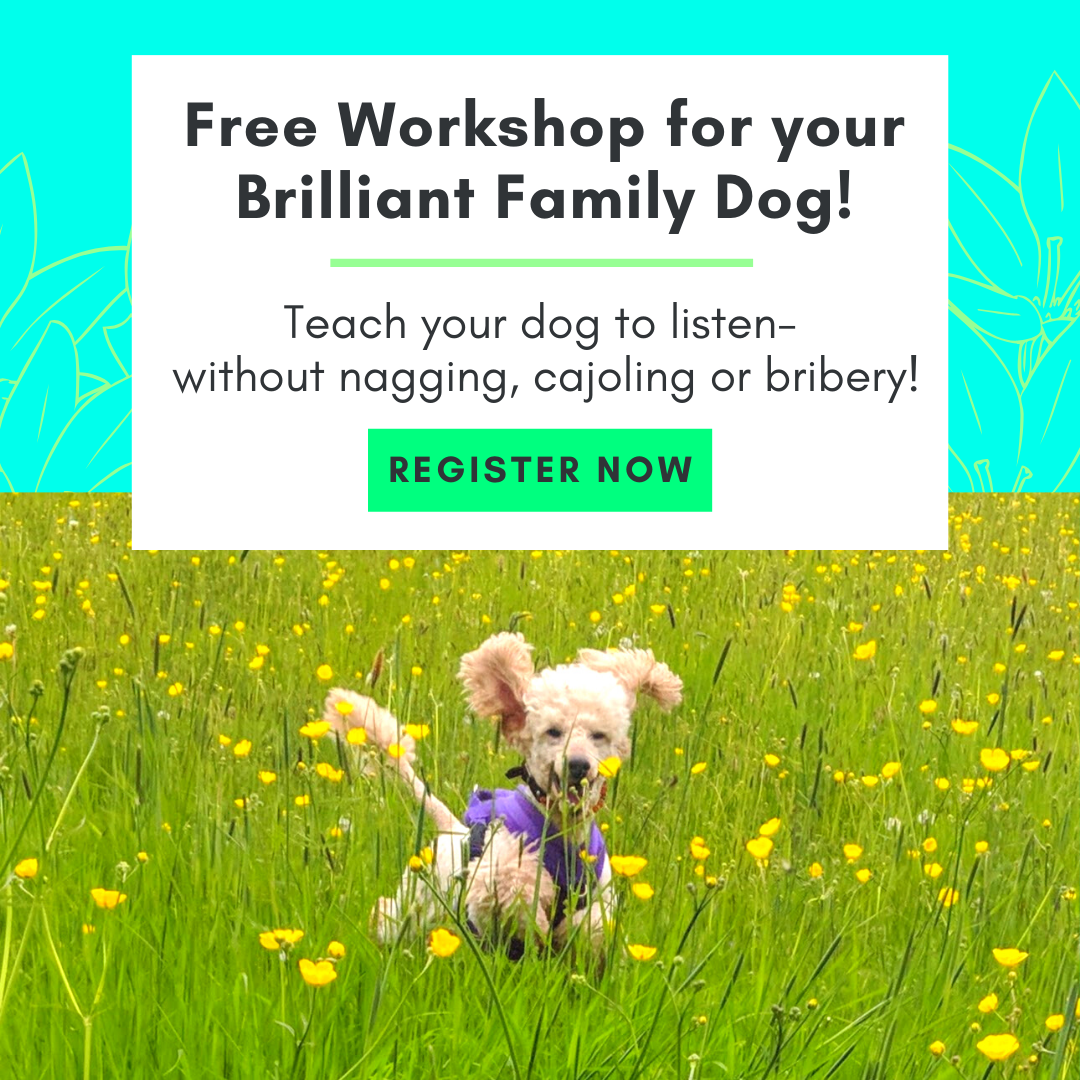There’s so much of what we do with our dogs that is down to us. Often the dog doesn’t have to do a thing - it’s a question of changing our mindset.
“When you change the way you look at things, the things you look at change.” Wayne Dyer
AND THEN you can change the way you find solutions.
Many of you write to me and introduce your dog as a “rescue dog”. I hear it all the time.
NO!
As soon as that dog comes through your door, he’s YOUR dog! His history - if you have the truth, which is not all that likely - may be useful in unravelling a few of his mysteries.
But what went before is not of much help to us now.
We start from where we are
You have to ask yourself why you refer to your dog as a Rescue Dog?
Is it because of the sympathetic “Ahhh” you get from other people?
Or are you perhaps saying that anything bad he does is not your fault?
Supposing you had an adopted daughter. Would you introduce her as “This is Miranda. She’s adopted.”
NOOOO! Of course you wouldn’t!
You’d say “this is Miranda, she loves swimming.”
If you say “she’s adopted,” you’re abdicating responsibility for how she is.
You’re saying you didn’t have anything to do with her earlier life so you can’t be blamed for her poor behaviour.
Can that be why you maintain that your dog is a rescue dog? Even after all these years? Some of you have had your “rescue dog” for 5 - 8 - 10 years!
The celebrated Veterinary Behaviourist Karen Overall says:
“What we call something matters because it shapes how we think of it.” Karen Overall
You don’t want to think of your daughter as a changeling for all of her life. And you don’t need to see your dog as a “rescue”, or give him any more labels to explain away his behaviour as something carved in stone.
What words can I use?
I’ll often suggest a different wording to describe something. This is entirely because I want you to SEE it differently.
Maybe you call your dog stubborn, or obstinate, or dominant, or just plain difficult?
Every time we pin a label on our dog we are making another judgment.
There are a number of trendy new labels doing the rounds at the moment - which suggest that your dog is fixed in his responses - unchangeable because that’s the way he is. That he’s born with a certain mindset or outlook on life, and is incapable of change.
This is as absurd as thinking Miranda can never grow up to be a fulfilled human being because she had a rocky start.
How many shy children, for example, grow up to become public speakers, or capable professionals?
I mention shy, reactive, anxious, or aggressive dogs. These are all very different! Your dog may be one and not any of the others.
Now it does help to have something to indicate that the dog doesn’t necessarily behave as people expect dogs to.
Growly Dogs (don’t we love ‘em!)
This is why I use the term GROWLY. It describes a symptom rather than a disease.
It describes what the dog is DOING, not what the dog IS.
I’m going to say that again, to be sure that you GET IT:
It describes what the dog is DOING, not what the dog IS.
It doesn’t ascribe motive or reason - it simply says that growly - uncomfortable - is how this dog may respond.
So I’d like you to take a look at all the labels you attach to your dog. What they are, when you use them, and - most importantly - WHY?
If you truly want to change how things are with your Growly Dog - or any dog, for that matter - you won’t want to stick him in a box, seal it, stamp it, and say “That’s it.”
The way is always open for us to change, and changing our perception is the first step.
For more help with changing your thinking, check out www.beverleycourtney.com/blog/the-winds-will-blow









